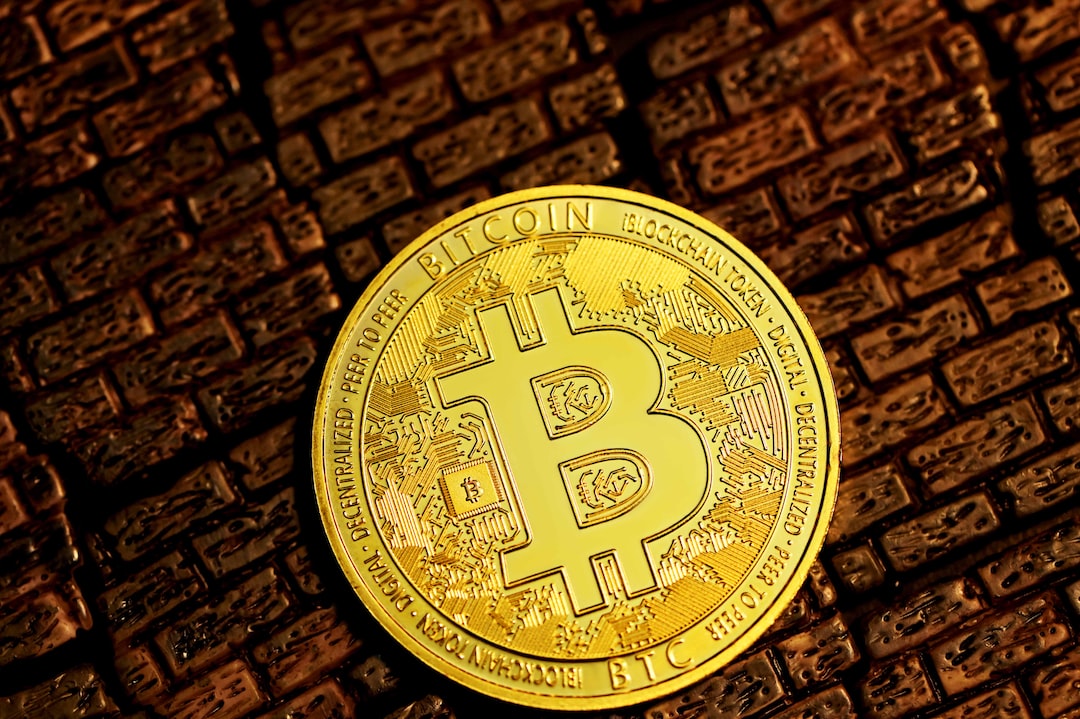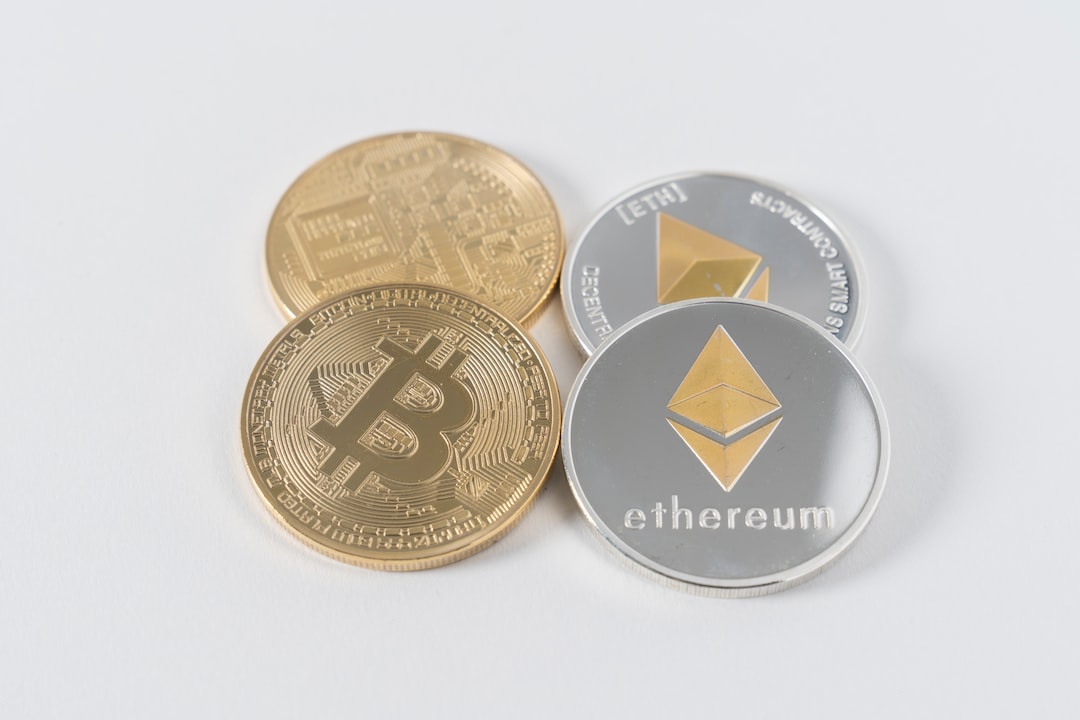The Recent Court Filing Reveals FTX’s Crypto Holdings
A court filing on Monday unveiled that FTX, the failed crypto exchange, possesses $1.16 billion worth of Solana (SOL) tokens, which make up more than one-third of its $3.4 billion liquid crypto portfolio. Additionally, the company holds $560 million worth of Bitcoin (BTC) and $196 million worth of Ether (ETH). The largest venture token investment made by FTX is in Solana, valued at $137 million. The second-largest venture token investment is in NEAR token, worth $80 million. FTX also owns a separate stash of “Category B” crypto assets, including 10 billion Serum (SRM) tokens and 269 million Mango (MNGO) tokens. Despite signs of FTX’s estate preparing to liquidate its holdings, Solana Labs co-founder Anatoly Yakovenko remains committed to moving forward.
Details of FTX’s Assets and Payments Made to Executives
The court document provides a comprehensive breakdown of FTX’s assets, including crypto, cash, government-recovered assets, and other investments. FTX has secured an additional $1.5 billion in cash since filing for bankruptcy in November, in addition to the $1.1 billion it already possessed at the time of the collapse. Former CEO Sam Bankman-Fried, along with other executives and individuals, received $2.2 billion in various forms such as cash, crypto, equity, and real estate. The document also highlights $87 million in political and charitable donations made to third parties. U.S. law allows for these payments to be recovered and distributed to creditors. Some executives have already pleaded guilty to fraud-related charges.
Hot Take: FTX’s Crypto Holdings and Potential Implications
The recent court filing revealing FTX’s significant crypto holdings, especially in Solana, sheds light on the company’s assets and financial situation. With $1.16 billion worth of SOL tokens, FTX’s exposure to Solana is substantial. However, there are concerns about the estate’s potential liquidation of these holdings. The court filing also highlights the payments made to executives, raising questions about the potential recovery and distribution of these funds to creditors. The situation emphasizes the need for transparency and accountability in the crypto industry, as well as the importance of regulatory measures to protect investors and prevent fraudulent practices. As FTX’s bankruptcy proceedings continue, the outcome will have implications for the broader crypto ecosystem and its participants.





 By
By
 By
By
 By
By

 By
By
 By
By